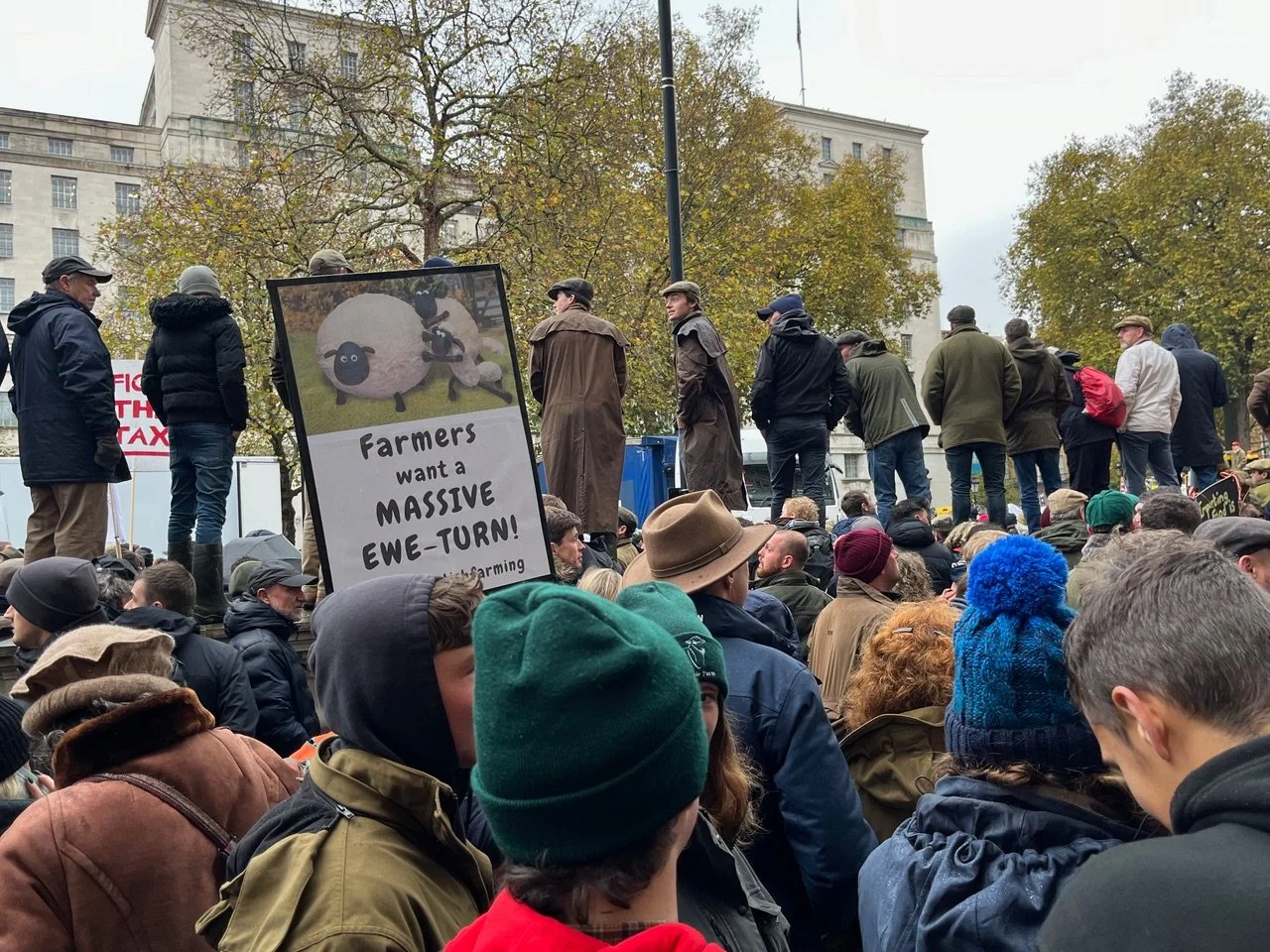Two Things
For a better life for the community of sheep overall, there are two key things which are necessary. What is common to each is altered outlook. One change of view demanded is from sheep farmers. The other change of view required is on the part of governments.
Sheep farmers see sheep as for use: one main use is to form a foodstuff. A mass of farmers see their role to be to provide food. This group divides between: those who for the purpose deploy animals; those who for the purpose grow crops.
On the part of sheep farmers, the change of view necessitated is to not see sheep as food any more. The change of view needed of governments is to see sheep farmers as conservers of environment.
The two things are radical. Sheep would be conservation grazers. Farmers would be stewards of the landscape, they would be deploying sheep as conservation grazers, and they would be paid by government for the role. Less sheep would be needed than hitherto.
Of course, the foundation for the alteration needs to be societal support for it and so recognition of the benefits. The obvious and direct benefit of sheep ceasing to be a food source is for sheep. They do not get killed, before their time, to be food. Those brought into life, stay alive for their natural span. Sheep farmers still have benefit of income, but simply from a different source. A reduced number of sheep means a reduction of sheep-produced methane and so of help towards the reduction of global warming. With fewer sheep, and those existing being conservation grazers, land-use for growing crops to form supplementary feed for sheep would be unnecessary or much less great. So, land can be released for other purposes.
If society displays that it realises the benefits of sheep being used as conservation grazers and demonstrates that it does not wish for sheep to be food, governments will follow people’s will and will act in implementation.
Sheep farming, as other kinds of farming, can be mega-scale or small-scale. Detriments of various sort tend to most-majorly attach to, and ensue from, factory farms/farming. And objectives of corporate owners of farms (usually farms big in size) are likely to be financial, primarily. Family farmers, however, because of direct, intimate, and ongoing connection with their farm, lean to a wider and deeper ‘investment’, displaying great care and concern about their environment and community.
With their particular characteristics and long link with place and activity, farmers of family farms can be ‘set in their ways’. They are strongly committed to what they do and to the way that they do it. It is for all their features that they are the audience which governments need to speak to and to convince about new approaches. Family farmers need to be ‘on side’ if change is to come. They will be the catalysts.
In the context of family farms being pivotally relevant if changes in farming are to be introduced, it has been sad to observe how in the UK the new Labour Government has ‘put the backs up’ of family farmers with its plan to start charging inheritance tax on farms of more than a certain financial value. The size of the protest rally this week against the proposal told the story.
For sheep’s existence to fundamentally be better, these two things need to occur: sheep farmers being convinced to deploy sheep as conservation grazers; governments paying sheep farmers to act as countryside stewards. Foundation for both is society to wish for the changes.


